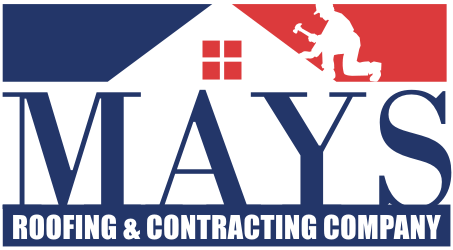How to Build a DIY Roof Deck: Step-by-Step Guide for Beginners
Introduction to DIY Roof Decking
Building a DIY roof deck can transform a mundane rooftop into a vibrant living space. It provides an area for relaxation, entertainment, and outdoor activities while also enhancing a property’s aesthetic appeal. This guide covers essential steps designed for beginners to undertake this project safely and effectively.
Step 1: Planning Your Roof Deck
Assessing the Roof Structure
Before starting any construction, it’s critical to assess the existing roof structure. Determine if the roof can sustain the weight of a deck, furniture, and occupants. Consult with a structural engineer if you’re uncertain. This evaluation ensures safety and compliance with local building codes.
Defining Your Deck’s Purpose
Decide how you want to utilize the deck. Will it serve as an entertainment space, a garden retreat, or a storage area? Understanding its primary function will guide your design choices, including layout, materials, and features like built-in seating or planters.
Permits and Regulations
Research local building codes and zoning regulations. Some areas might require a permit for construction, especially if the deck alters roof height or involves significant modifications. Securing the necessary permissions ensures you avoid legal complications.
Step 2: Gathering Materials and Tools
Essential Materials
Your materials will depend on the style of deck you intend to build, but common needs include:
- Decking Boards: Wood, composite, or PVC boards.
- Substructure Components: Pressure-treated lumber for joists and beams.
- Fasteners: Screws and brackets specifically designed for deck building.
- Waterproofing Membrane: For added protection against moisture.
- Railings: If safety is a factor, consider materials like wood, metal, or glass.
Tools Required
Gather the necessary tools for the construction process:
- Power Drill: For drilling holes and driving screws.
- Saw: Circular or miter saw for cutting lumber.
- Measuring Tape: For accurate measurements.
- Level: To ensure a flat and even surface.
- Safety Gear: Goggles, gloves, and a hard hat.
Step 3: Constructing the Deck Frame
Framing the Structure
Begin the deck building process by constructing a frame. Start with the perimeter beams, anchoring them securely to the building. Make sure to level them and space them according to your design.
Installing Joists
Once the perimeter frame is in place, install the joists. These should be spaced appropriately—typically 16 inches apart. Use joist hangers for extra stability, ensuring that each joist is level with the others.
Step 4: Laying the Decking
Choosing the Decking Material
Select a decking material suitable for your intended finish. Wood offers a classic look, while composite materials provide durability with low maintenance. Consider the climate in your area, as certain materials may perform better in extreme weather.
Installation Process
Begin laying your decking boards starting from one end of the deck. Leave a small gap between each board to allow for water drainage and expansion. Secure each board with screws, making sure they’re flush with the joists for a smooth finish.
Step 5: Adding Safety Railings
Importance of Railings
Railings are essential for safety, particularly if your deck is elevated. They prevent accidental falls, providing a crucial safety barrier.
Building the Railing
Use materials compatible with your decking, ensuring they match aesthetically. Common choices include wood or metal. Begin by installing corner posts, then attach horizontal rails. Ensure the height meets local building code requirements.
Step 6: Finishing Touches
Sealing Your Deck
After completing the main structure, apply a sealant to protect the wood from moisture and UV damage. This will prolong the life of your deck. Select a sealant compatible with your decking material, following the manufacturer’s instructions for application.
Landscaping and Furnishing
Consider adding planters, cushions, or furniture to enhance the usability of your new outdoor space. Incorporating greenery can create a more inviting environment and help shade the area on hot days.
Step 7: Maintenance and Care
Regular Inspections
After constructing your roof deck, check it regularly for signs of wear or damage. Look for loose boards, rust on fasteners, and water pooling. Address issues promptly to maintain safety and longevity.
Cleansing and Upkeep
Regular cleaning is vital to keep the deck looking appealing. Depending on materials, you may need to power wash, scrub with a mild detergent, or even sand down worn areas periodically. Follow care instructions specific to your deck materials.
Conclusion
Building a DIY roof deck can significantly enhance your outdoor living experience. By following this detailed step-by-step guide, beginners can successfully tackle the project from planning through to maintenance. Remember to prioritize safety, comply with local regulations, and enjoy the newfound outdoor space that your DIY effort has created.





 Mays Contracting
Mays Contracting

